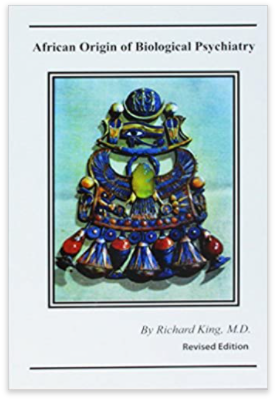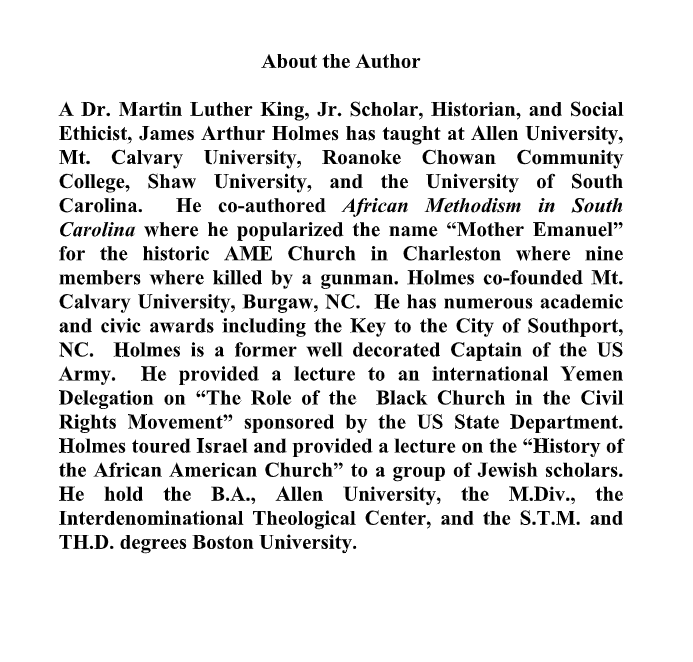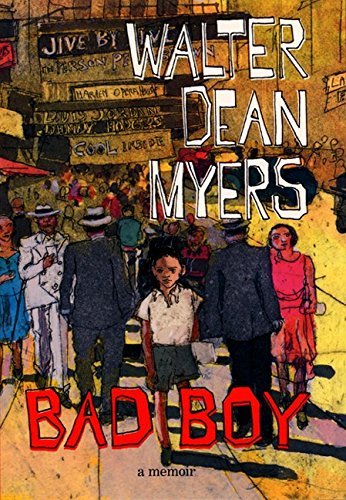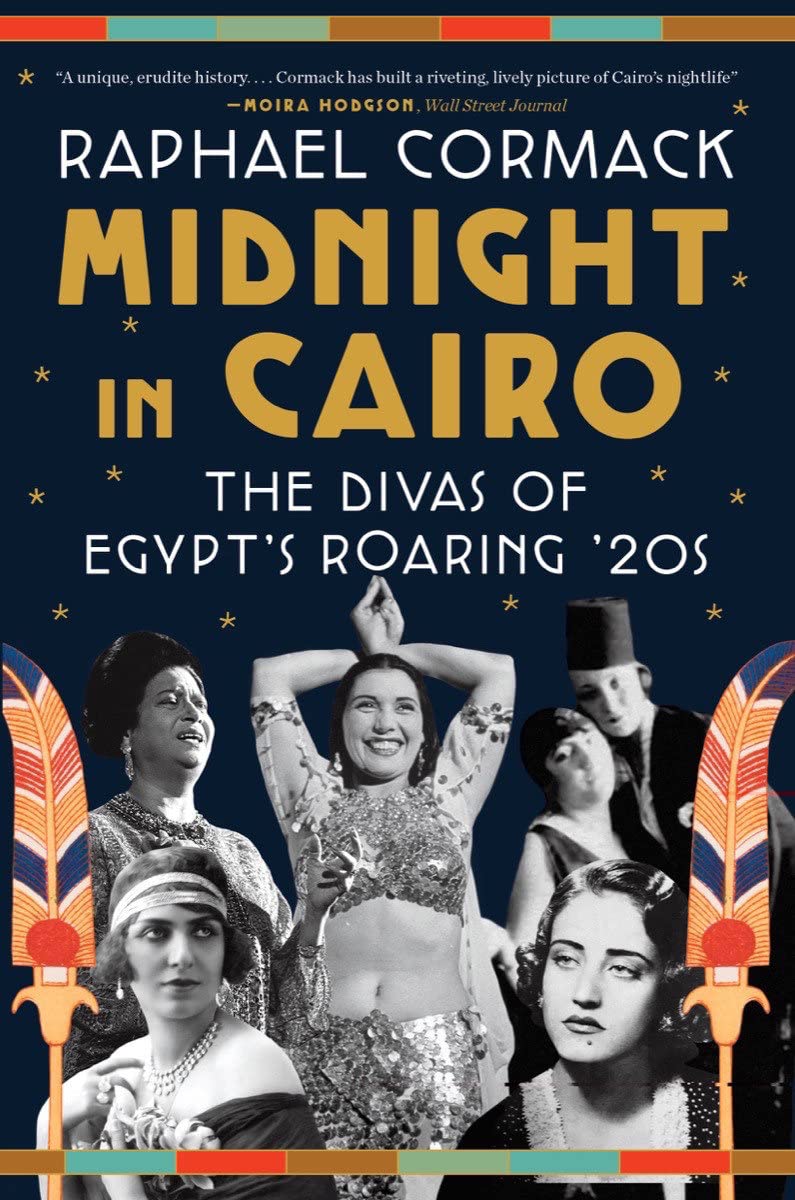Marcus Garvey: The Life and Legacy of the Jamaican Political Leader Who Championed Pan-Africanism
ISBN: 9781729518472After the Civil War, the fight for civil rights spawned a multitude of heroic African American activists, but it is remembered in large part for the work of a few iconic African American men of stature. Much like their later counterparts, Reverend Martin Luther King, Jr., and Malcolm X, the debate between gradual integration through temporary accommodation and overtly insistent activism was led by Booker T. Washington and W. E. B. Du Bois. Through the last years of the 19th century, Washington’s gentler approach of enhancing Black prospects through vocational education, largely accomplished with white permission and funds, seemed the popular choice. His legacy can be sensed in King’s subsequent willingness to extend an olive branch to white Americans in a sense of unity, although Washington’s propensity for accommodation held no place in King’s ministry.
Ultimately, however, the vision that oversaw the creation of the Tuskegee Institute faded in the early 20th century as Black intellectualism and stiffening resolve came to the fore. This side’s greatest proponent, William Edward Burghardt Du Bois, still stands among the greatest and most controversial minds of any Black leader in his country. The first African American to receive a doctorate from Harvard University, Du Bois rose to become one of the most important social thinkers of his time in a 70-year career of combined scholarship, teaching, and activism.
















